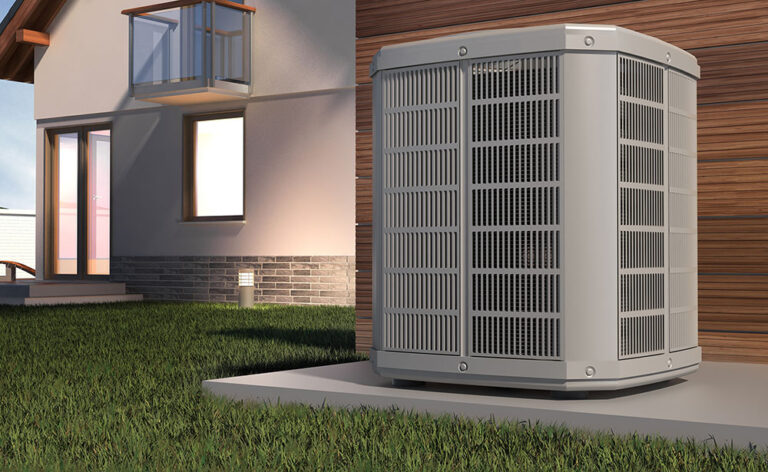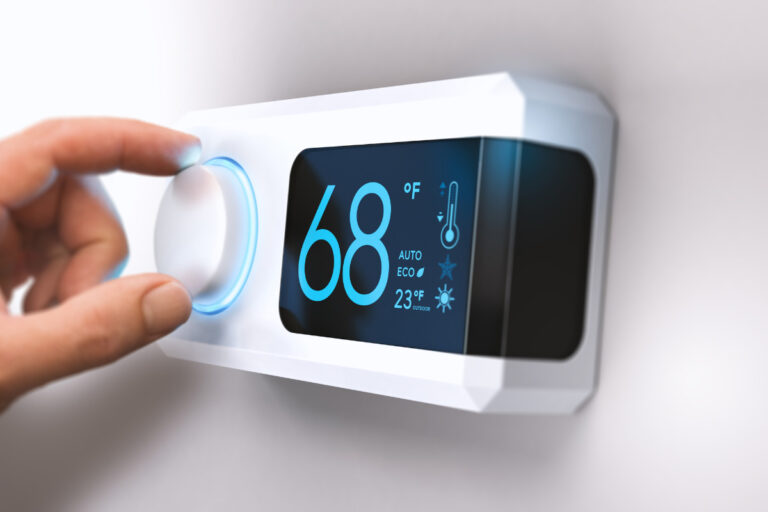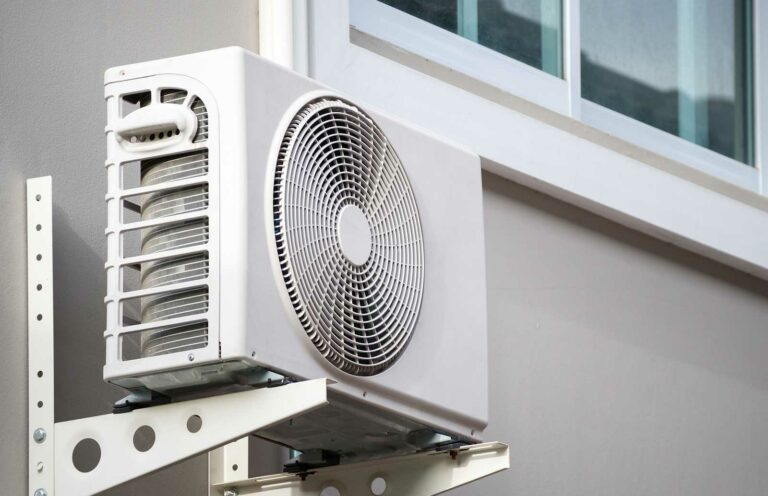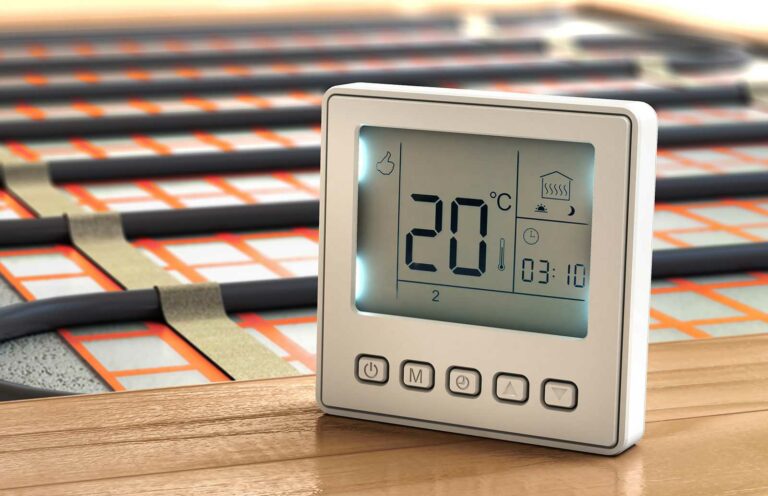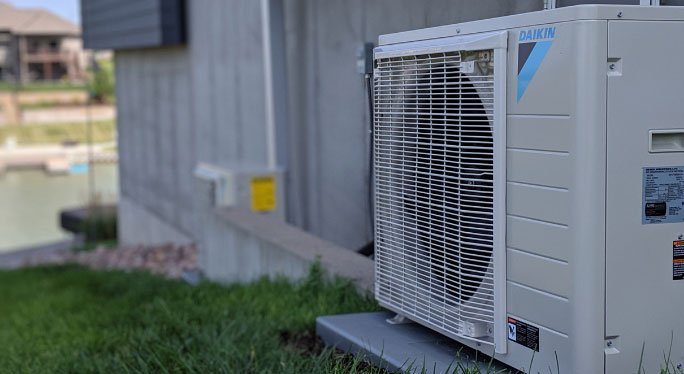
As a Boise homeowner, understanding some basic HVAC troubleshooting can save you time and money.
While it’s always best to call a professional for significant issues, knowing how to handle minor problems can keep your system running smoothly and prevent small issues from becoming big headaches.
Here are a few DIY tips to help you maintain your HVAC system and ensure your home stays comfortable all year round.
Checking and Replacing Filters
The Importance of Clean Filters
One of the most common causes of HVAC problems is a dirty or clogged air filter. In Boise, where dust and allergens can be prevalent, this is especially true. A clogged filter restricts airflow, forcing your system to work harder, which can lead to overheating and even failure.
Step-by-Step Filter Maintenance
To check your filter, first locate it—usually behind the return air grille or inside the furnace. Remove and hold the filter up to a light source—if little to no light passes through, it’s time to replace it.
Most filters should be replaced every 1 to 3 months, depending on use and local air quality. Make sure to choose a filter with the correct dimensions and MERV rating recommended by your Boise HVAC manufacturer.
Inspecting the Thermostat
Common Thermostat Issues
Your thermostat controls your HVAC system, and if it’s not functioning properly, your system won’t either. Common issues include incorrect settings, dead batteries, or outdated units.
DIY Thermostat Troubleshooting
Start by checking the thermostat settings to ensure they are correct for the current season. If the thermostat is battery-operated, replace the batteries if they haven’t been changed in a while.
If your system isn’t responding, try resetting the thermostat according to the manufacturer’s instructions. If the problem persists, or if your thermostat is outdated, it may be time to upgrade to a programmable or smart thermostat.
Listening for Unusual Noises
Identifying HVAC Noises
Strange noises from your HVAC system can be an early warning sign of a problem. For example:
- Banging or clanking: Could indicate a loose or broken part.
- Hissing: May suggest a refrigerant leak.
- Grinding or squealing: Could be a sign of motor or bearing issues.
Taking Action Based on Sounds
If you hear unusual noises, first turn off the system to prevent further damage. Check the unit for obvious issues like loose parts or debris and fix anything simple, such as tightening a loose screw.
If the noise persists or you can’t identify the problem, it’s best to call a professional. Attempting complex repairs without the proper knowledge can lead to more significant damage and higher repair costs. A professional can accurately diagnose the issue and ensure your HVAC system is running safely.
By addressing these noises early, you can prevent bigger problems and extend your system’s lifespan, keeping your home comfortable and reducing repair costs.
Conclusion: Keep Your System Running Smoothly
Regular DIY checks can help you catch minor HVAC issues before they escalate, ensuring your system runs smoothly and efficiently. However, if problems persist or seem beyond your capability, don’t hesitate to call a professional.
Need help with your Boise HVAC system? Contact Innovative Mechanical Solutions today! Our experts are here to ensure your system is running efficiently and safely. Call us now to schedule your service!


